AYURVEDA & HORMONAL HEALTH: How Do YOU LIVE?
“It’s almost pointless to talk about hormones if we aren’t talking about our lives” she said. I was in a group of folks talking about Menopause with a teacher I really like, Dr. Claudia Welch and that rolled off her tongue like a cool drop of water sliding down a plant stem. To be honest, it is a everyday conversation in my office. When I think about major transitions in one’s life, I cannot separate how we live from what is happening. Time and time again I listen to the symptoms and shifts going on in the complex of the skin and bones and through that portal another door opens.
How is it that you show up to your life?
What are the things between the lines, the repetition of thoughts, ideas, actions?
How do you live? As in the environment around you and within you
It is not to say that what is happening is not important. In no way am I dismissing it. It is to also say that HOW we live is just as important.
There is a philosophy I learned through Ayurveda. We all know the western concept of “we are what we eat”. I grew up with this notion, scribbled on a chalk board in my elementary school, along with a picture of a pyramid with food sympbols on the the side. A reminder of what types and how much of each food we should eat on a daily basis. But when I met Ayurveda, she said something else. She said “we are what we digest”. I understand this to mean that even if we eat the most beautiful and fresh, prana filled food if our body cannot break it down and digest, absorb and assimilate it, it really doesn’t matter too too much.
So what makes it possible for our systems to create good working digestion? There are many factors involved. Here’s an article I wrote about concepts of eating beyond calories. I believe it to be important because so often in our western world the focus is on calories and sure that is part of it. But there are other parts too and these other parts dramatically impact the way our body functions.
I believe this theory also holds true for hormones. We can be taking all the things and eating all the “right” ways and have a list of to-do’s that help support a stasis of health AND it is in the everyday living, in the cadence of our lives, that good flow happens.
In Ayurveda life is sectioned into stages. In the years that follow the very busy, active careering, parenting (if that is the path), acquiring, building stage of life, we begin to shift into something different. I do not think of this as a light switch shift, a quick flip creating a whole different vibe, but rather the slow and sustainable change that one makes which may be much more aligned with the ageing, staging life that we are shifting into. This stage is known as Vanaprastha and translates to “forest dwellers”. A time of actively disengaging from the busy-ness of earlier life and into life that holds a different way of being all together. And while it does not have to mean that you pack up the life that you have created and move to a humble place deep in the forest, getting rid of all your material possessions(though it might?), it may have you considering what, how and why you spend your time doing what you do and if that is serving you and the life you envision yourself in as part of the future.
It is also a time to share and teach your life’s experiences and knowledge. In an age where anyone can be a “master” at anything thanks to social media and content creation, the voice of someone who has lived a life, who has studied and practiced over decades, who has experienced many stages of society is VALUED and important. It is necessary for these teachers and teachings to be shared so that the wisdom can remain alive and connected to those in previous stages who are making choices and decisions that impact our daily life and the greater culture as well.
This is a big conversation and one that occupies an important placement, I think. When we consider factors and actions on the daily we can really see how we are or aren’t creating choices that support good health by good living. It is in the mundane where habits and patterns are formed and those are reinforced many, many times a day. While the herbs and oils, practices and prayers, medicines and food matter, our action and relation to it all matters too.
